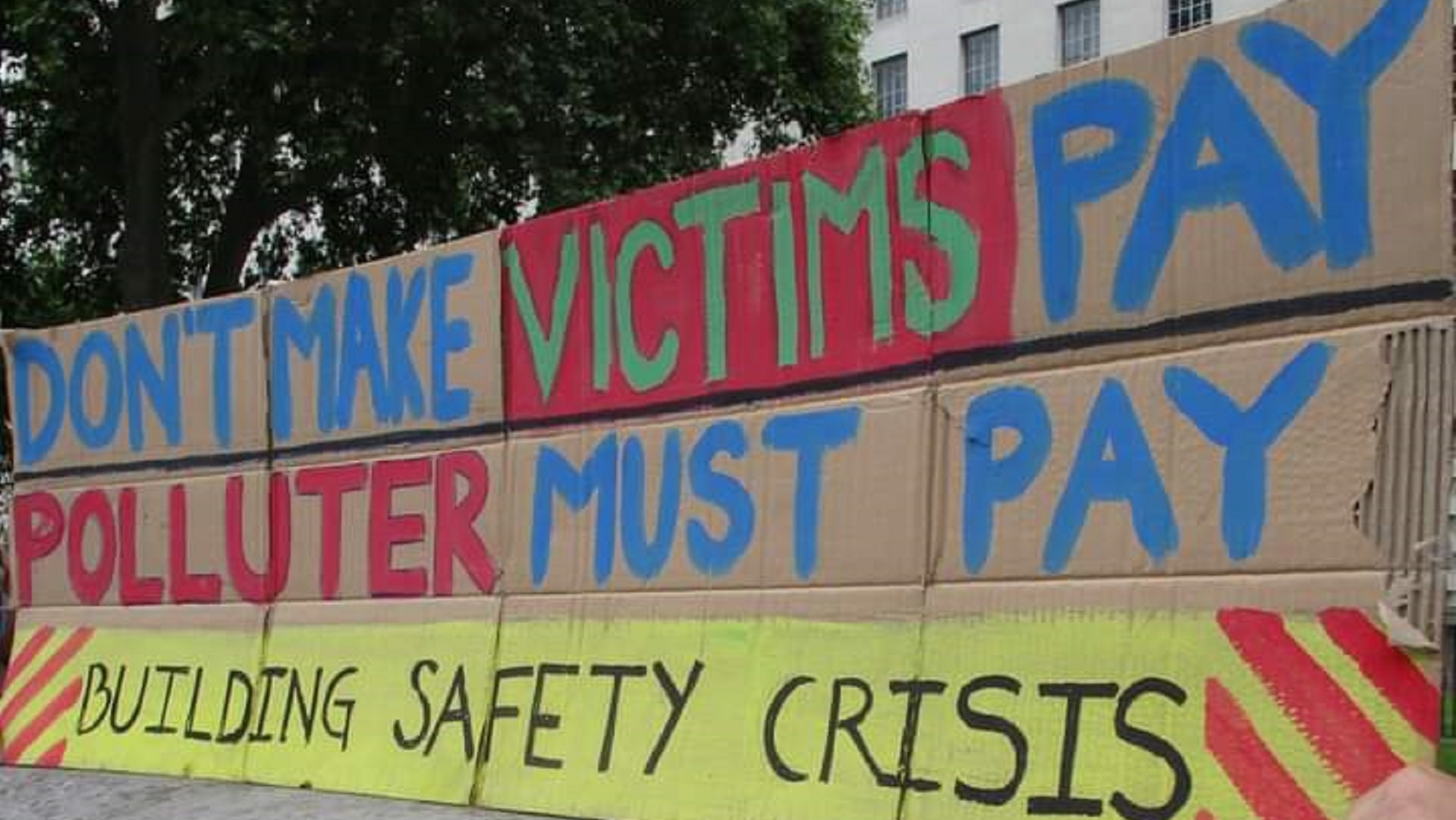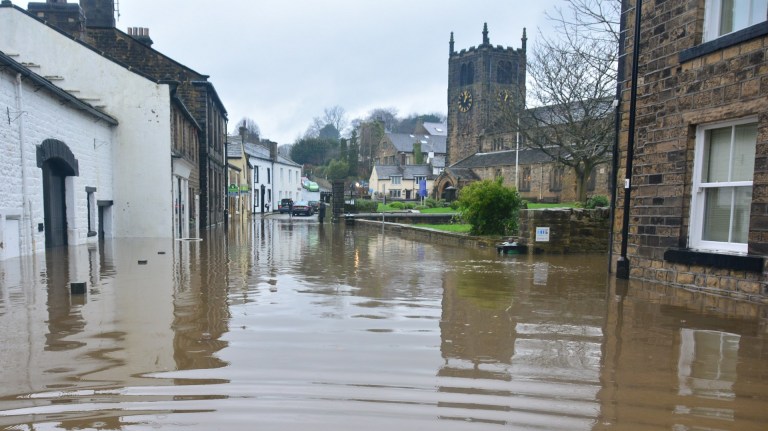“And instead of making the poor leaseholders or homeowners pay to clear it up, they go after all the people responsible. It doesn’t matter what their limitation periods are, the scheme overrides them all.
“All we’re saying is it has been done before and we want consumer protections for buildings.”
Polluter Pays isn’t just about solving the problems for the building safety crisis, it’s about ensuring that this never happens again. It’s a people’s billSteve Day, Royal Artillery Quays resident and campaigner
The 480 Woolwich residents are facing a £30m bill to fix cladding and fire defects, with each flat set to pay more than £30,000. But they are unable to take developers to court because the building was completed in 2003 and is outside the six years’ limitation for legal action.
Even the Building Safety Bill’s proposed extension to 15 years would not help RAQ residents.
Despite no legal background, the residents have teamed up with experts to put the bill forward. The idea has already gained support in Westminster and grabbed the attention of the government.
Campaigners have worked with parliamentary counsel Daniel Greenberg to draw up the Polluter Pays Bill, while the Bishop of Manchester and peer David Walker tabled an amendment to the Building Safety Bill last month. Dr Liam Fox also attempted to amend the Fire Safety Act with the polluter pays principle back in May.
Meanwhile, earlier this week, Lord Stephen Greenhalgh, the building safety minister, told the House of Lords the government was looking at the Polluter Pays Bill “very carefully” to “see whether it could further enhance the proposed Building Safety Bill”.
The government has been considering a £2bn levy on building firms, according to the Daily Mail, as ministers look to contribute to fixing unsafe buildings.
But Day insisted the Polluter Pays Bill brings a solution that will ease the burden for taxpayers. The UK government is already spending £5.1bn to remove cladding from dangerous buildings over 18 metres high, through the Building Safety Fund. Residents in lower buildings face loan schemes to cover costs.
The legislation is also the elusive solution to prevent leaseholders picking up the bill, Day said.
“What we really need is the country to get behind it. Because if we don’t solve this and don’t make builders keep to building regulations, then what’s the incentive for buildings to be built correctly in the future?” Day added.
“Polluter Pays isn’t just about solving the problems for the building safety crisis, it’s about ensuring that this never happens again. It’s a people’s bill.
“If you don’t do it now, you’ll miss an opportunity in a generation to fix building safety and we’re just going to have this again in 20 years.”
The Building Safety Bill passed its second reading in the House of Commons on July 21, when housing secretary Robert Jenrick faced a grilling from MPs battling to ensure residents in their communities do not face bankruptcy or homelessness as a result of fixing their homes.
The cabinet minister announced leaseholders living in homes under 18 metres would not need EWS1 safety forms to sell their flats or apply for mortgages, a move backed by a number of high-street lenders. Jenrick said independent advice found there was “no systemic fire risk” to homes under 18 metres.
“We hope that this intervention will help restore balance to the market and provide reassurance for existing and aspiring homeowners alike,” said Jenrick.
Cladding campaigners have “cautiously welcomed” the move, but remained sceptical.
An End Our Cladding Scandal spokesperson said: “Having spent years dealing with the way this government tries to pull the wool over our eyes, we fear this may only be another face-saving exercise to try to stop more and more Conservative MPs from taking action against their self-styled party of home ownership from letting leaseholders pick up the tab for collective state and industry failure.”
Hundreds of thousands of people are at risk of losing their homes right now. One UK household is being made homeless every three-and-a-half hours.
You can help stop a potential avalanche of homelessness by joining The Big Issue’s Stop Mass Homelessness campaign. Here’s how:










